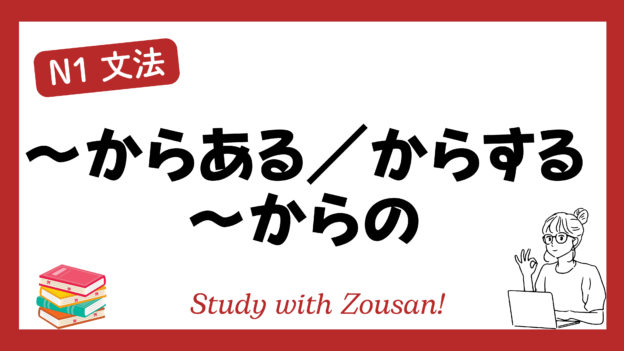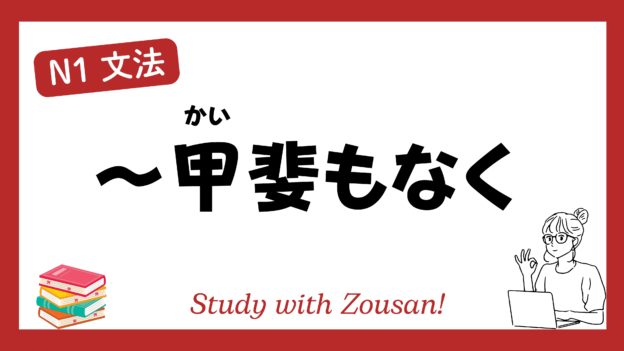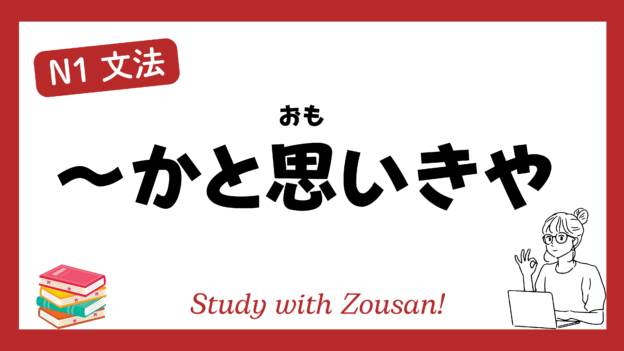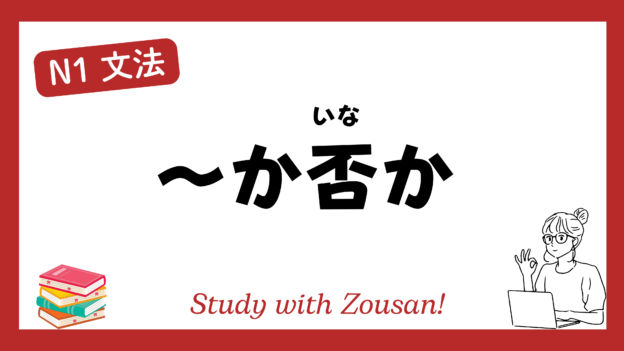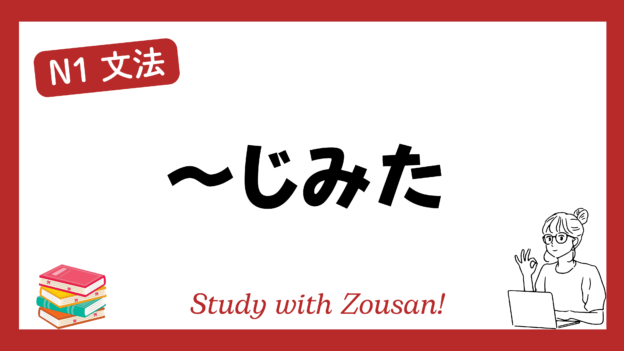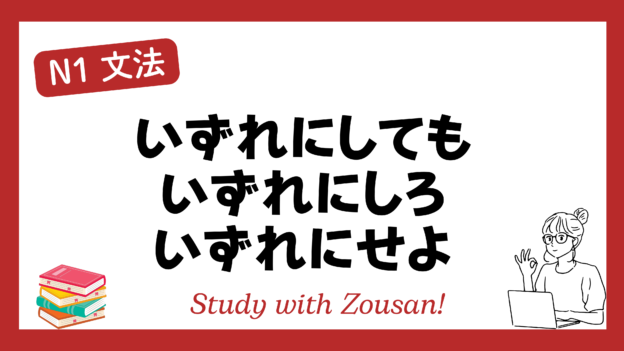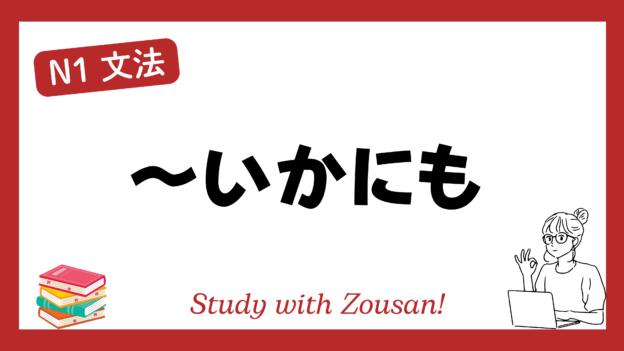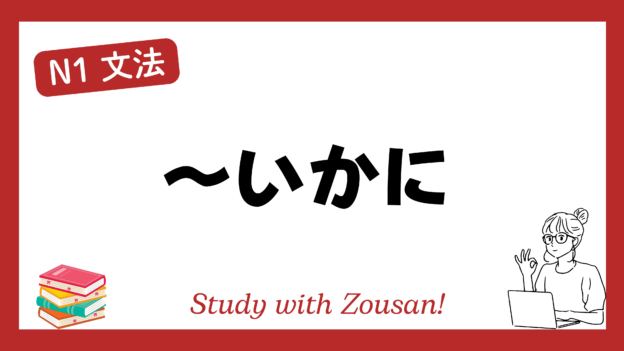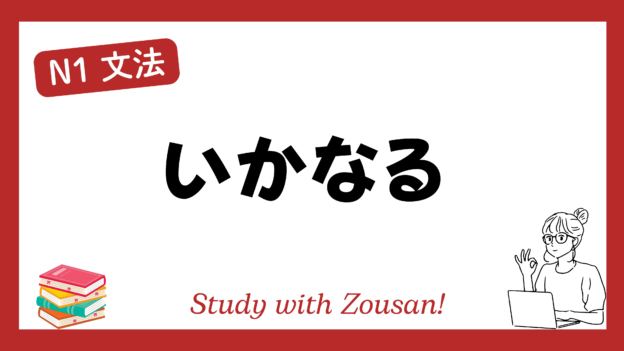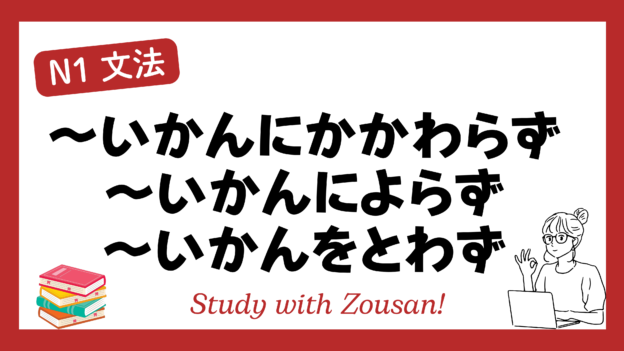Meaning: “More than…”, “At least…”
This structure is used to express a quantity or amount that exceeds a certain threshold, emphasizing that something has a very large value, size, or number. Depending on the noun it is paired with, different variations of the structure are used.
※Note:
- “~からある” is used with nouns indicating size, weight, or quantity.
- “~からする” is used with prices or amounts of money.
- “~からの” is commonly used for the number of people or abstract concepts such as value.
Structure:
| Noun + | からある からする からの |
Example:
-
-
-
🌟 彼は300キロからある荷物を一人で運んだ。
(かれ は 300 キロ から ある にもつ を ひとり で はこんだ。)
He carried a load weighing over 300 kilograms by himself. -
🌟 彼女は100万円からするバッグを買った。
(かのじょ は 100 まんえん から する バッグ を かった。)
She bought a bag that costs over 1 million yen. -
🌟 その講演には5000人からの観客が集まった。
(その こうえん には 5000 にん から の かんきゃく が あつまった。)
Over 5000 people gathered for that lecture. -
🌟 高さ10メートルからある壁を登った。
(たかさ 10 メートル から ある かべ を のぼった。)
I climbed a wall over 10 meters high. -
🌟 この車は200万円からする値段がする。
(この くるま は 200 まんえん から する ねだん が する。)
This car costs over 2 million yen. -
🌟 彼は100冊からある本を持っている。
(かれ は 100 さつ から ある ほん を もっている。)
He owns over 100 books. -
🌟 そのダイヤモンドは5カラットからある大きさだ。
(その ダイヤモンド は 5 カラット から ある おおきさ だ。)
The diamond is over 5 carats in size. -
🌟 この家具は重さが200キロからある。
(この かぐ は おもさ が 200 キロ から ある。)
This piece of furniture weighs over 200 kilograms. -
🌟 彼のコレクションは300枚からのレコードがある。
(かれ の コレクション は 300 まい から の レコード が ある。)
His collection has over 300 records. -
🌟 1000万円からする家を買った。
(1000 まんえん から する いえ を かった。)
I bought a house that costs over 10 million yen.
-
-


